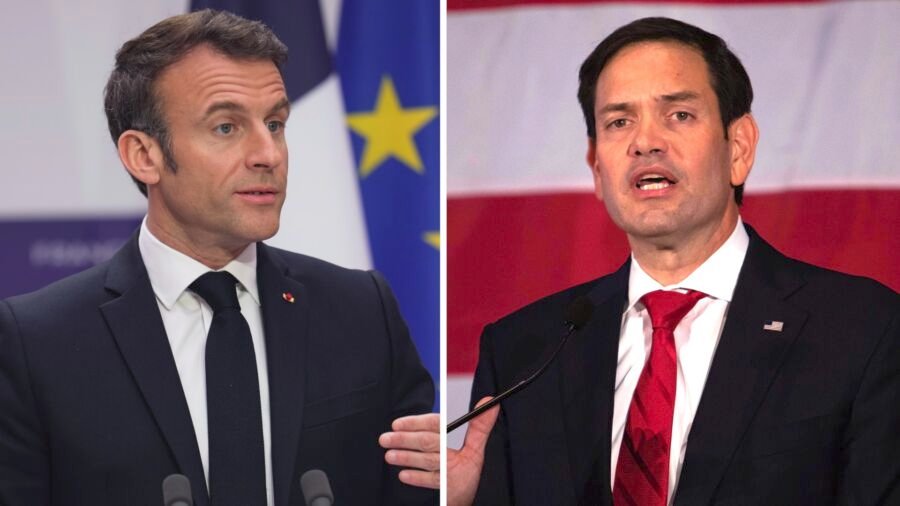France’s recognition of a Palestinian state marks a bold diplomatic shift under Macron, drawing U.S. criticism and exposing a growing policy divide between Europe and America on Middle East peace.
WEBDESK – July 25, 2025
French President Emmanuel Macron announced that France will formally recognize the State of Palestine, becoming one of the largest EU nations to do so in recent years.
Framing the decision as a “moral responsibility” and a step toward “lasting peace in the Middle East,” Macron described the move as long overdue. However, critics — both domestic and international — argue that the timing reflects not only bold diplomacy but also a hint of desperation, as Macron battles declining approval ratings and mounting domestic unrest.
The French recognition aligns with a growing European trend. Several EU nations, including Ireland, Spain, and Norway, have already recognized Palestinian statehood amid rising global frustration with the Israeli government’s hardline stance during the ongoing conflict in Gaza. But France’s move carries added weight, given its global influence and permanent seat on the UN Security Council.
U.S. Senator Marco Rubio (R-Fla.), a leading Republican voice on foreign affairs and a staunch ally of Israel, condemned the decision, calling it “irresponsible and harmful to the prospects of genuine peace.”
“This decision undermines direct negotiations and rewards Hamas-aligned leadership,” Rubio said in a statement. “It shows a widening and dangerous gap between U.S. and European policy.”
Rubio’s rebuke highlights a growing transatlantic divide, as Washington continues to oppose unilateral recognition of Palestine, instead advocating for a two-state solution through negotiations — a process that has remained stalled for years.
Back in France, Macron’s announcement comes amid criticism that his foreign policy is increasingly aimed at shoring up his image abroad as protests, economic challenges, and far-right political gains rattle his government at home. Some analysts say the Palestine move is as much about domestic optics as it is about global justice.
READ MORE: From promise to punishment: Government slashes solar buyback rate, triggering public backlash
A widening fault line
The French recognition adds pressure on other European powers, notably Germany and Italy, which have so far resisted taking similar steps. At the same time, it could complicate Paris’ relations with Washington — especially with the U.S. presidential election approaching and bipartisan consensus in the U.S. largely favoring Israel.
In Ramallah, the Palestinian Authority welcomed France’s decision, calling it “a step toward justice and dignity for the Palestinian people.” Meanwhile, Israeli officials condemned the move, warning it could embolden Hamas and further destabilize the region.
As the world watches the fallout, Macron’s gamble may redefine not only Europe’s Middle East policy but also its role on the global diplomatic stage — even as it tests the strength of transatlantic unity.



4 Comments
Wow! This can be one particular of the most beneficial blogs We have ever arrive across on this subject. Basically Great. I’m also a specialist in this topic therefore I can understand your effort.
Some genuinely wonderful work on behalf of the owner of this site, perfectly great written content.
I truly appreciate this post. I have been looking all over for this! Thank goodness I found it on Bing. You’ve made my day! Thank you again
Keep functioning ,splendid job!